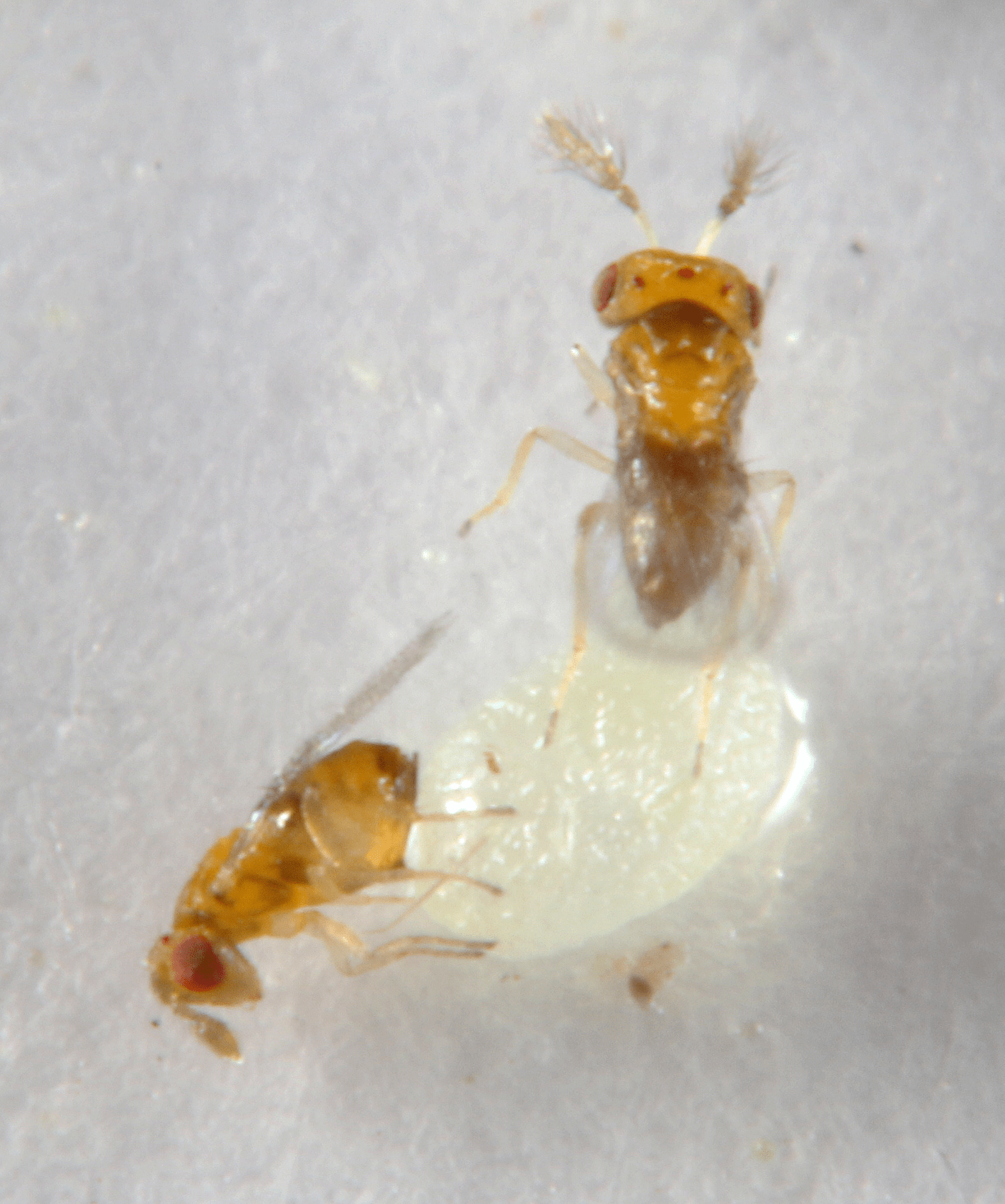To improve the resilience of smallholder maize production systems in Eastern Africa through enhanced preparedness and eco-friendly management of the threat posed by the
Fall armyworm, to ensure food and nutritional security
- Maize supports livelihoods of over 300 million people in sub-Saharan Africa
- Abiotic and biotic constraints lead to 80% yield loss
- Invasion of fall armyworm is anticipated to cause more than 3 billion US dollar loss annually
Biopesticides
Mazao ACHIEVE® and Detain are contact biopesticides composed of one isolate of the entomopathogenic fungus, Metarhizium anisopliae ICIPE 78. When they come into contact with a recognized host, the spore will germinate within about two hours killing the insect in 3 to 5 days. The products are registered in Kenya and distributed by RealIPM/Biobest.
They are available in;
- 5 L
- 1 L
- 250 ml
Both the biopesticide products are effective against egg and early larval stages of Fall armyworm and prevent build-up of the pest population. Biopesticides are compatible with other Fall armyworm management options like the Push-Pull technology, pheromone traps and natural enemies.
Push-Pull Technology
Push-Pull Technology involves intercropping maize with a repellent plant, such as Desmodium, and planting an attractant trap plant, such as Napier grass or Brachiaria, as a border crop around the intercrop. Gravid stemborer females are repelled or deterred away from the target crop (push) by stimuli that mask host apparency while they are simultaneously attracted (pull) to the trap crop, leaving the target crop protected. Desmodium produces root exudates some of which stimulate the germination of Striga seeds and others inhibit their growth after germination.
This combination provides a novel means of in situ reductions of the Striga seed bank in the soil through efficient suicidal germination even in the presence of graminaceous host plants. Desmodium is a perennial cover crop (live mulch) which is able to exert its control effect on Striga even when the host crop is out of season, and together with Napier grass protect fragile soils from erosion. It also fixes nitrogen, conserves soil moisture, enhances arthropod abundance and diversity and improves soil organic matter, thereby enabling cereal cropping systems to be more resilient and adaptable to climate change, while providing essential environmental services, and making farming systems more robust and sustainable.
This conservation agricultural approach was developed by scientists at the International Centre of Insect Physiology and Ecology (icipe), in Kenya and Rothamsted Research, in the United Kingdom, in collaboration with other national partners for the integrated management of stemborers, Striga weed, soil fertility and now the Fall Armyworm.
Parasitoids
Natural enemies of Fall armyworm include:
- Predators
- Parasitoids
- Insect pathogens
Advantages of using natural enemies
- They have no effect on non target organisms
- No build-up of toxin in the food chain
- They are safe to growers, consumers and the environment
- The pest will not develop resistance to the natural enemy


